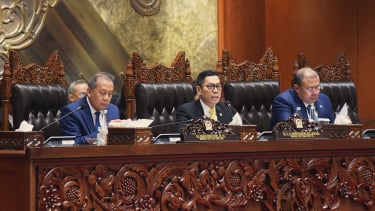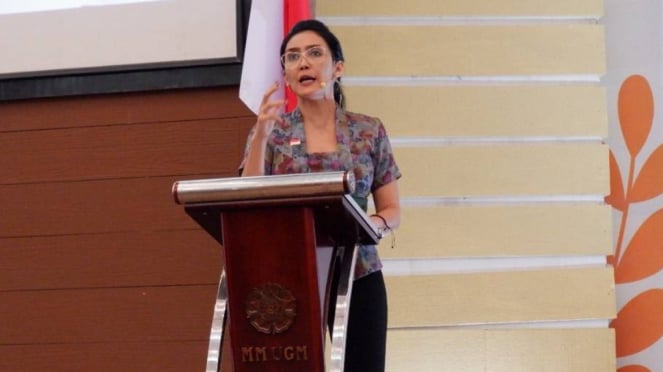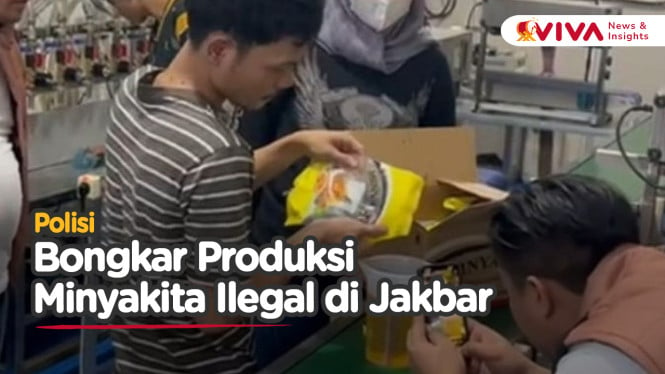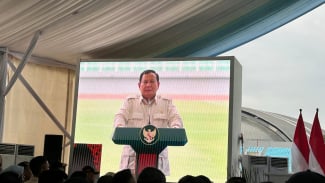Indonesian Government Approves Maternal, Child Welfare Bill
- pixabay
Jakarta – Indonesian government through House of Representative officially approved the Draft Law on Maternal and Child Welfare (KIA) into bill during the 19th plenary meeting at the Parliament Complex in Senayan, Jakarta on Tuesday (June 4).
Eight factions in the House of Representative approved the KIA bill, while the PKS faction expressed agreement with notes.
Deputy Chairperson of Commission VIII of the House of Representatives, Diah Pitaloka, presented the report on the discussion of the KIA bill.
Anggota DPR Fraksi PDIP Rieke Diah Pitaloka.
- Istimewa
"The Draft Law on Maternal and Child Welfare during the first thousand days of life consists of 9 chapters and 46 articles, which include regulations on rights and obligations, the roles and authorities in implementing maternal and child welfare, data and information, funding, and community participation," Pitaloka informed on Tuesday.
Pitaloka also explained that there are five main regulations agreed upon by the government and the House of Representatives in the bill.
First, the title was changed from the Draft Law on Maternal and Child Welfare became the Draft Law on Maternal and Child Welfare during the First Thousand Days of Life.
Second, the establishment of specific definitions for children and children during the first thousand days of life.
Third, the plan of maternity leave for working mothers, which is a minimum of three months initially and can be extended for another three months under special conditions with a doctor's certificate.
Fourth, the plan of paternity leave for husbands accompanying their wives during childbirth, which is two days and can be extended for an additional three days or as agreed with the employer.
Fifth, the plan of the responsibilities of mothers, fathers, and families during the first thousand days of life, as well as the responsibilities of the central and regional governments, from planning to monitoring and evaluation.



































